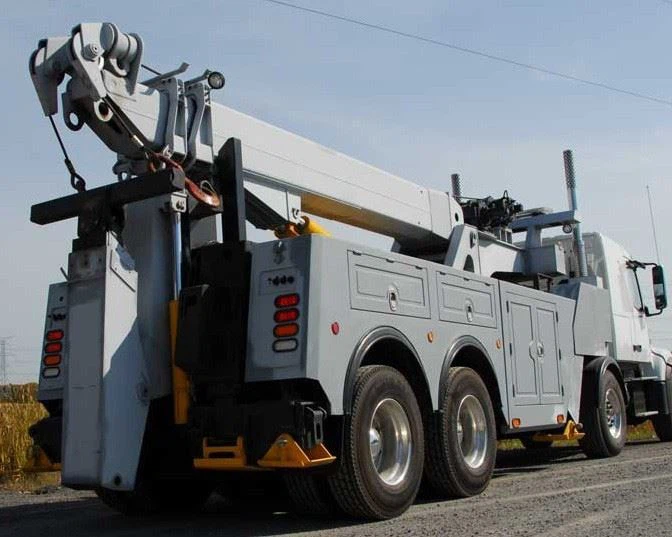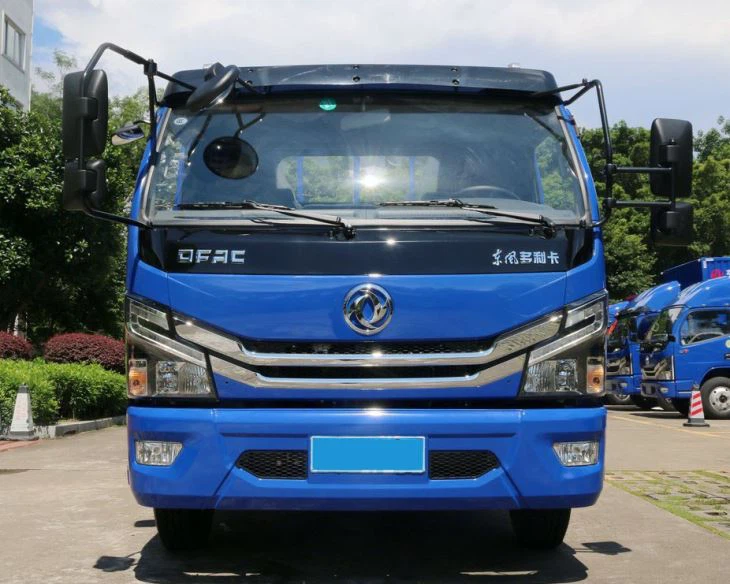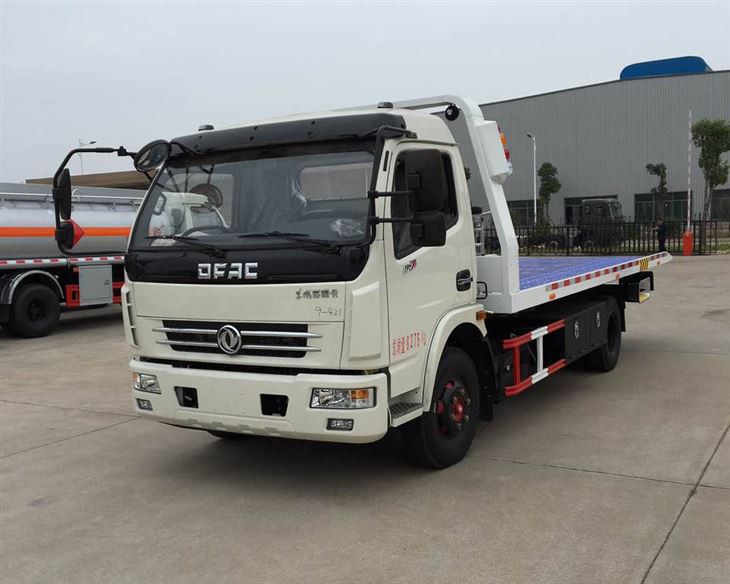Introduction
The world of waste management is rapidly evolving, with innovative solutions emerging to tackle the challenges of disposal and recycling. Central to these advancements are companies like McNeilus, which has become a cornerstone in the manufacture and design of garbage trucks and waste management solutions. In this article, we will delve into the history, technology, and environmental impact associated with McNeilus garbage collection. We will discuss the various types of garbage trucks they produce, their features, the importance of maintenance, and tips for optimizing waste collection operations.
The History of McNeilus
Founding and Growth
Founded in 1970 in Dodge Center, Minnesota, McNeilus has grown from a small business into a leader in the refuse truck manufacturing sector. Their commitment to quality and innovation has allowed them to continually enhance their product offerings while meeting the demands of a changing market.
Pioneering Innovations
Over the decades, McNeilus has introduced a variety of innovations, including automated side loaders, environmental controls, and compact designs that provide efficient waste handling. Their focus on research and development has propelled advancements in safety, efficiency, and sustainability.
Types of McNeilus Garbage Trucks
Front Loaders
Front loader trucks are a staple of McNeilus’s product line. These trucks are designed to lift and empty large bins using hydraulic arms, making them ideal for commercial waste collection.
Features of Front Loaders
- High efficiency: Ability to load and empty multiple bins quickly.
- Durable design: Built with high-strength materials to withstand tough conditions.
- Advanced hydraulics: Ensures smooth operation and increased lifting capacity.
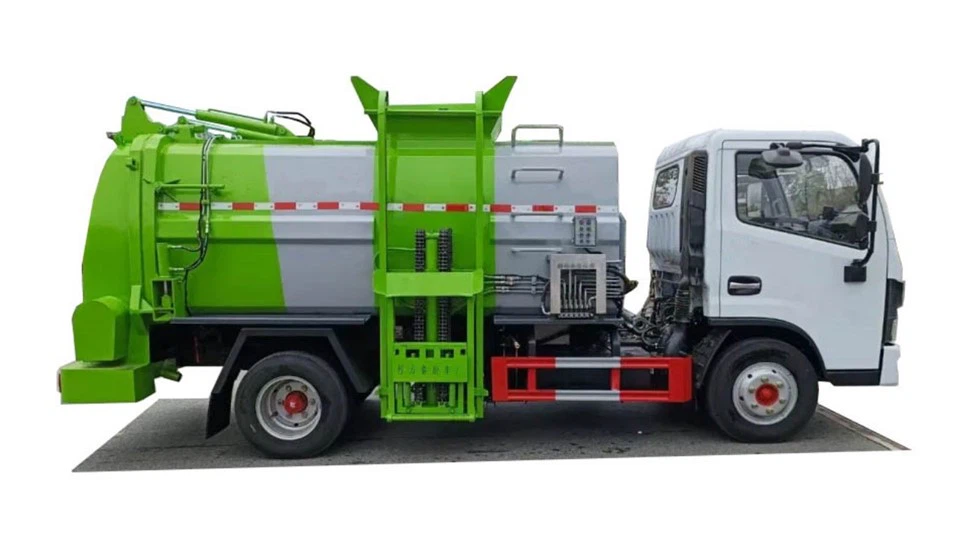
Rear Loaders
McNeilus rear loaders are popular for residential waste collection due to their compact size and maneuverability. They provide reliable service for neighborhoods and urban settings.
Key Features
- Flexible capacity: Available in various sizes to cater to different waste collection needs.
- User-friendly design: Equipped with features that simplify operation for drivers.
- Enhanced safety: Focused on visibility and less blind spots for easier navigation.
Automated Side Loaders
These trucks are at the forefront of innovation and labor-saving technology. Automated side loaders allow waste collection with minimal driver intervention.
Benefits
- Labor efficiency: Reduces the need for additional workers during waste collection.
- Increased safety: Minimizes the risk of injuries associated with manual loading.
- Improved speed: Allows for faster waste collection routes, increasing overall productivity.
Technological Advancements in McNeilus Garbage Solutions
Smart Routing Systems
Today’s garbage collection requires more than just a truck and driver. McNeilus integrates smart routing systems into their vehicles, utilizing real-time data to optimize collection routes. This technology improves efficiency, saves fuel, and reduces carbon emissions.
Telematics
Telematics systems provide valuable data about truck performance and usage. McNeilus garbage trucks are equipped with telematics to monitor critical metrics such as fuel consumption and maintenance alerts.
Benefits of Telematics
- Predictive maintenance: Helps in scheduled repairs, preventing breakdowns.
- Performance tracking: Allows fleet managers to assess efficiency and effectiveness.
- Cost savings: Reduces unnecessary operational costs through optimized performance.
Eco-Friendly Technologies
Environmental sustainability is a growing focus for McNeilus. Their trucks are designed with features that minimize emissions and enhance fuel efficiency.
Examples of Eco-Friendly Technologies
- Hybrid models: Combine traditional fuel with electric power for reduced emissions.
- Low-emission diesel engines: Designed to meet stringent environmental regulations.
- Recyclable materials: Focused on using components that can be easily recycled.
Importance of Maintenance in McNeilus Trucks
Routine Maintenance Checks
To maximize the lifespan and performance of McNeilus garbage trucks, routine maintenance is essential. This includes checking hydraulic systems, tire pressure, and engine performance.
Key Maintenance Practices
- Fluid levels: Regularly check and replace engine oil and hydraulic fluid.
- Brake system: Ensure brakes are functioning well to maintain safety standards.
- Tire condition: Inspect tires for wear and replace them when necessary.
Professional Maintenance Services
Utilizing professional maintenance services can extend the life of your garbage trucks significantly. McNeilus offers support through authorized service networks equipped with knowledge and parts.
Best Practices for Waste Collection Operations
Route Optimization
Streamlining waste collection routes using data analytics can save time and fuel, leading to more efficient operations. Incorporating GPS and routing software is a practical step toward optimization.
Driver Training
Investing in comprehensive driver training ensures that operators are familiar with the truck’s features and safety protocols. Proper training can lead to less wear and tear on the vehicle and improved safety.
Community Engagement
Engaging with the community can promote recycling and waste reduction initiatives. McNeilus often collaborates with local governments to educate residents on proper disposal practices.
The Environmental Impact of McNeilus Garbage Solutions
Reducing Landfill Waste
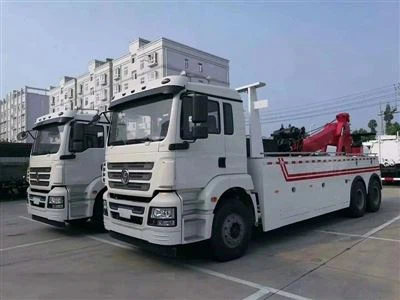
Through innovative garbage collection technologies, McNeilus plays a significant role in reducing the amount of waste sent to landfills. Enhanced recycling programs and the promotion of waste diversion lead to a more sustainable future.
Carbon Footprint Reduction
By focusing on eco-friendly technologies and implementing smart routing systems, McNeilus helps decrease the carbon footprint associated with traditional waste management practices.
Examples of Successful Implementations
Case Study: City of Minneapolis
The City of Minneapolis partnered with McNeilus to modernize its waste collection fleet. The result was a significant increase in recycling rates and lower operational costs thanks to the introduction of automated side loaders and smart routing technologies.
Innovative Recycling Programs
Many organizations have implemented McNeilus equipment to boost their recycling efforts. For example, a local waste management authority reported a 30% increase in recovered recyclables after upgrading its fleet.
FAQs
What types of garbage trucks does McNeilus manufacture?
McNeilus manufactures a variety of garbage trucks, including front loaders, rear loaders, and automated side loaders, each designed for specific waste collection needs.
How can routine maintenance improve the lifespan of garbage trucks?
Routine maintenance helps identify potential issues early, prevents breakdowns, and ensures that the vehicle operates efficiently, extending its lifespan and reducing repair costs.
What are the benefits of using telematics in garbage trucks?
Telematics provides real-time data on vehicle performance, allowing fleet managers to optimize operations, conduct preventive maintenance, and reduce operational costs.
How does McNeilus contribute to environmental sustainability?
McNeilus contributes to sustainability by designing eco-friendly trucks, promoting recycling programs, and utilizing technology that reduces waste sent to landfills and decreases carbon emissions.
What is the importance of driver training for waste collection operations?
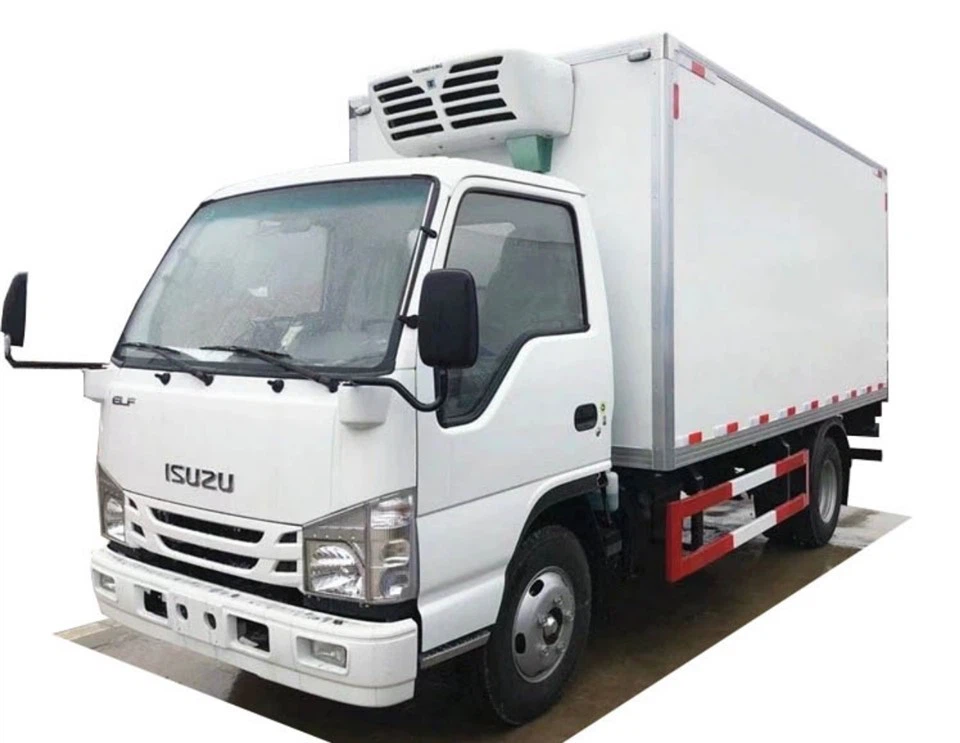
Driver training is crucial as it ensures operators are knowledgeable about the equipment, enhances safety, improves operational efficiency, and reduces maintenance needs.
Can McNeilus trucks be customized for specific needs?
Yes, McNeilus trucks can be customized with various options and features to suit the unique needs of different municipalities or waste management organizations.
